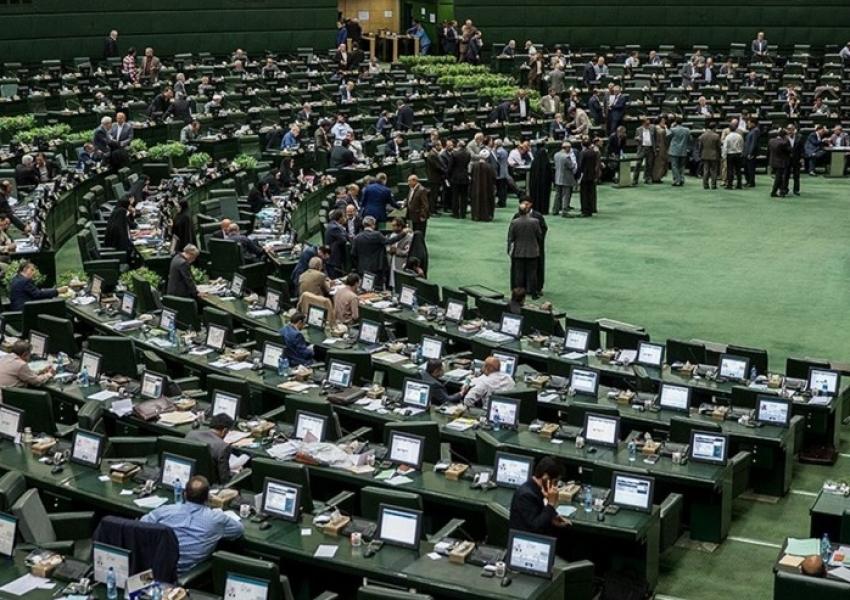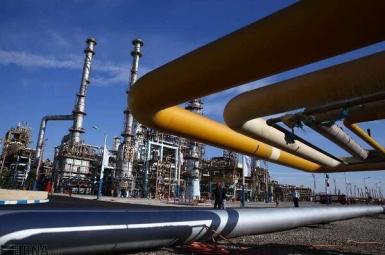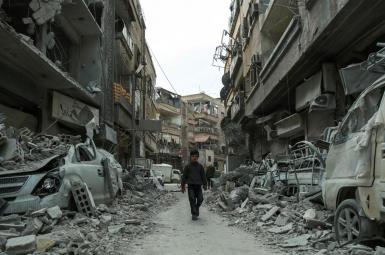
Parliamentary Bill Seeks Help For 60 Million Iranians To Buy Essentials
The Iranian Parliament (Majles) has passed a bill obliging the government to help Iranians buy essential commodities, including bread, rice and meat. The bill calls for either cash payments or coupons to be made to 60 million people.
It is unclear whether citizens would continue to receive the 450,000-rial monthly subsidy dating to the presidency of President Mahmoud Ahmadinejad, which is now worth around just $1.50 per month for each person. But those below an official poverty line and already receiving relief would receive a separate 1,200,000 rials ($4), while those on a salary below the official minimum wage would receive 600,000 per month.
The Iranian currency has lost its value tenfold since late 2017 and this has plunged many middle class people into poverty and made minimum wage earners even poorer. Harsh US sanctions are tha main cause for the rial to lose most of its value, but Iran also suffers from structural economic problems.
The bill stipulates that the payments should be financed through the sale of government assets – a one-time appropriation of one billion dollars - or through reallocating existing expenditure. The government would be subject to unspecified sanctions if it failed to enact the scheme.
The bill needs to be ratified by the Guardian Council, where delay would leave it for the next president, who will be elected in June 2021. Given it is unlikely the bill will pass before the end of Rouhani administration, it may be a symbolic gesture by lawmakers.
A majority of 250 present at the Majles voted for the bill, with 215 in favor and 14 against the bill. Five abstained. The Majles has 290 members.
Even before the coronavirus pandemic, lawmakers and ministers discussed possibilities for extending existing subsidies or distributing coupons for essential commodities. In October 2019, at one point even the IRGC became involved in the debates about subsidies and rationing. On October 7 last year, deputy IRGC commander Ali Fadavi took part in a closed session of the Majles. At the time, the Majles and its presidium did not offer any explanation about why an IRGC deputy commander had to be present and take part in a political and economic discussion at the Parliament.
In October 2019, a threefold increase in the price of gasoline, which is highly subsidized, led to major nationwide protests during which hundreds died.
During recent months, the Rouhani administration has sold many government assets in the Iranian capital market to fund financial assistance to those affected by the pandemic and to bridge the fiscal deficit. Plans to sell oil bonds were dropped after the Speaker of the Majles and the Chief Justice wrote to Supreme Leader Ali Khamenei arguing the scheme was not economically feasible.
The Rouhani administration has opposed closing businesses to cope with the coronavirus pandemic, given the inevitable cost of supporting those who lose their jobs in a lockdown.
The move by the Majles could be characterized as a symbolic gesture by lawmakers who want to say they have done their bit to help the people, but Rouhani failed to make it happen.








